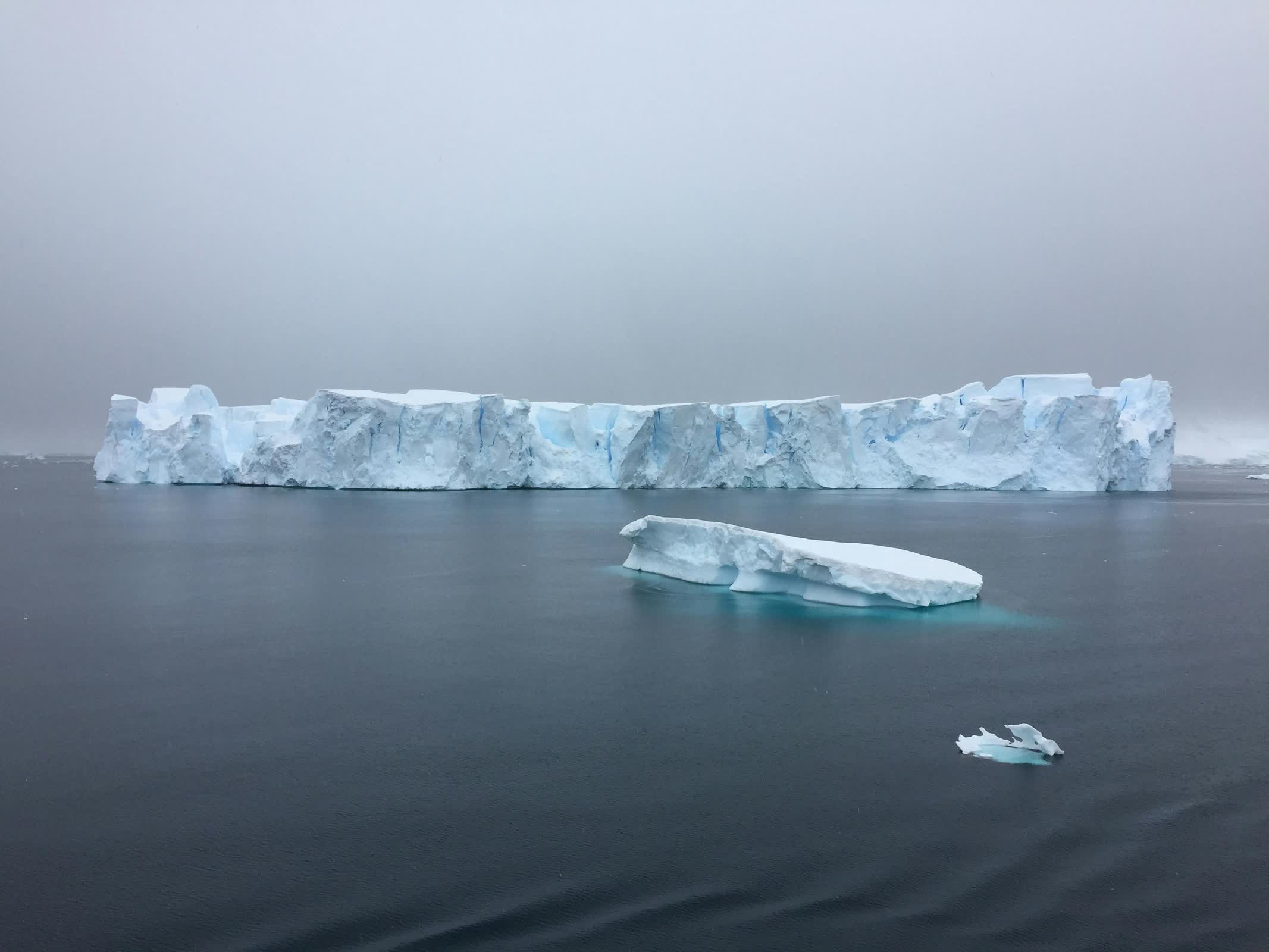In context: A study on the Greenland Ice Sheet reveals alarming trends in crevasse formation, shedding new light on the potential acceleration of global sea level rise. The research provides insights into the widening of these massive ice fractures and their role in ice sheet melt.

Crevasses can reach over 300 feet in width, thousands of feet in length, and hundreds of feet in depth. Research led by glaciologist Thomas Chudley from Durham University shows that these cracks in the ice form crucial pathways for meltwater drainage within the ice sheet. The study's findings indicate that between 50 percent and 90 percent of the water flowing through the Greenland Ice Sheet travels via these cracks, significantly impacting the ice sheet's movement and stability.
"Understanding crevasses is a key to understanding how this discharge will evolve in the 21st century and beyond," Chudley said.
The research, recently published in Nature, used advanced three-dimensional imaging techniques to conduct the first-ever inventory of crevasses across the entire Greenland Ice Sheet. Using this approach, researchers created the most accurate estimate of crevasse volume, revealing a significant widening trend between 2016 and 2021.
"This is the first study to unequivocally say that the expansion of crevasse zones is ubiquitous across Greenland's outlet glaciers that have accelerated in recent years," William Colgan, a glaciology and climate professor with the Geological Survey of Denmark and Greenland, told Inside Climate News.

As crevasses widen, they facilitate increased water flow to the ice sheet's base, potentially accelerating its movement and discharge into the ocean. This process creates a feedback loop – as glaciers speed up due to warming ocean temperatures, more crevasses form, further accelerating ice loss. This new understanding of crevasse dynamics has significant implications for ice sheet modeling. Current models may underestimate the melt rate and its contribution to sea level rise by not fully accounting for the impact of crevasses.
Furthermore, estimating Greenland's annual ice discharge is an intricate process involving several interconnected factors. Paradoxically, as glaciers withdraw from coastal areas, models predict a decrease in direct iceberg calving into the ocean, potentially slowing the rate at which melting icebergs contribute to rising sea levels. However, this coastal retreat introduces new complexities.
The ice sheet's edge becomes steeper as floating ice tongues recede landward, and increased melting at the lower margins erodes the ice sheet's foundation. This steepening creates additional stress on the ice sheet, exacerbating the formation and expansion of crevasses, as observed in Chudley's research.
The potential consequences of accelerated ice loss in Greenland are staggering. Current estimates suggest that if Greenland's ice were to melt completely, it would raise global sea levels by approximately 23 feet. While a complete meltdown will take thousands of years, the current melting rate could contribute about 3 feet to sea level rise by 2100.
Greenland ice cracks are widening, potentially speeding the rise of global sea levels